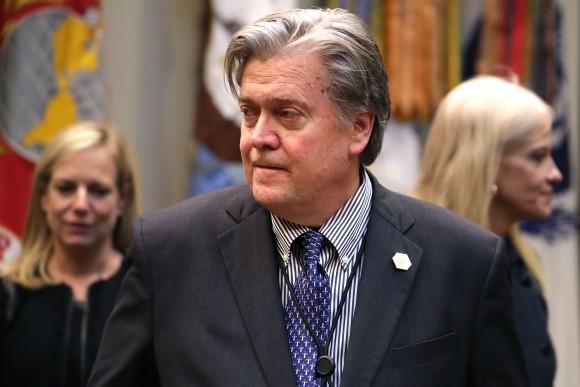No president in modern history has been subjected to the type of media scrutiny that Donald Trump experienced during the first weeks of his administration.
Even though nearly 63 million people, or about half, voted for Trump, you still wouldn’t know it reading through Google News or the New York Times’s front page.
To his supporters, the factual gaffes made by him and White House spokespeople can be easily overlooked if he demolishes the political and media establishment in Washington. Moreover, they believe Trump “speaks his mind”—often bluntly.
Trump, meanwhile, views everything as a deal and takes a business approach to politics, which his surrogates seem to adore and often celebrate. People who voted for him know this well. They’re very familiar with his loose style of speaking. His supporters know, and many are happy, that he’s not a politician, and, considering his well-known sales background, they expect a certain amount hyperbole—something Trump excels at.
Trump doesn’t follow the established political playbook. Again, this is one of the reasons people voted for him. Trump critics would do well to stop viewing him as a person and more like a phenomenon: His supporters view him as a wrecking ball to what they see as a corrupt political establishment.






